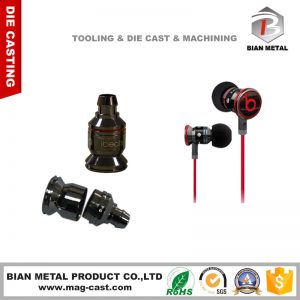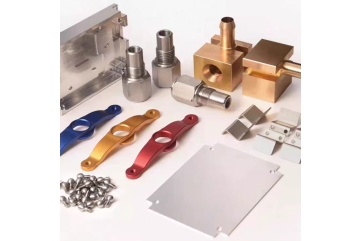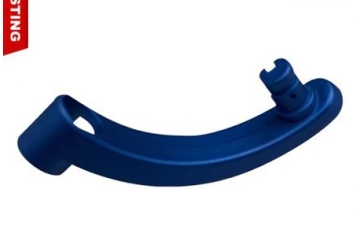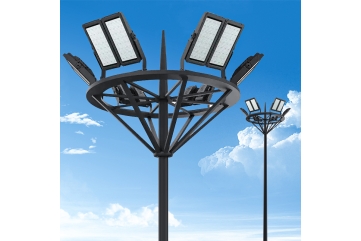How much does die casting production cost?
The cost of die casting production can vary widely depending on several factors, including the type of die casting process, the material being used, the complexity of the part, the production volume, and the specific requirements of the project. Here are some of the key factors that influence the cost of die casting production:
Type of Die Casting: There are different types of die casting process, including cold chamber die casting and hot chamber die casting. Cold chamber die casting is typically used for materials with higher melting points, such as aluminum and magnesium, while hot chamber die casting is used for lower melting point materials like zinc and some magnesium alloys. The type of process used can affect the cost.
Material: The material being die cast is a significant cost factor. Different metals and alloys have varying costs, with aluminum generally being less expensive than materials like zinc or copper. Specialized alloys or high-performance materials may also be more costly.
Part Complexity: The complexity of the part design and the number of features (undercuts, thin walls, etc.) affect the tooling and production costs. More complex parts may require more complex molds and longer cycle times.
Tooling and Mold Costs: The cost of designing and manufacturing the die casting mold (also known as the tooling) is a significant upfront expense. High-quality, precision molds can be expensive, but they are essential for consistent and high-quality production.
Production Volume: The quantity of parts to be produced can influence the cost. Larger production runs often result in lower unit costs due to economies of scale, while smaller runs may have higher unit costs.

Tolerances and Quality Requirements: Tighter tolerances and higher quality standards may require more precise and careful production processes, which can increase costs.
Post-Processing and Finishing: Some parts may require additional post-processing steps like machining, surface finishing, or assembly. These processes can add to the overall cost.
Labor Costs: Labor costs, including machine operation and quality control, can vary depending on the location of the manufacturer and labor rates in that region.
Lead Times: Rush orders or shorter lead times may come with additional costs due to the need for expedited production.
To get an accurate estimate for your specific die casting project, it is advisable to work closely with a die casting manufacturer or supplier. They can provide a detailed quote based on your part design and specifications. It’s also common to obtain quotes from multiple manufacturers to compare prices and services. Keep in mind that the choice of manufacturer can significantly impact the cost and quality of your die casting production, so it’s essential to choose a reputable and experienced company.




